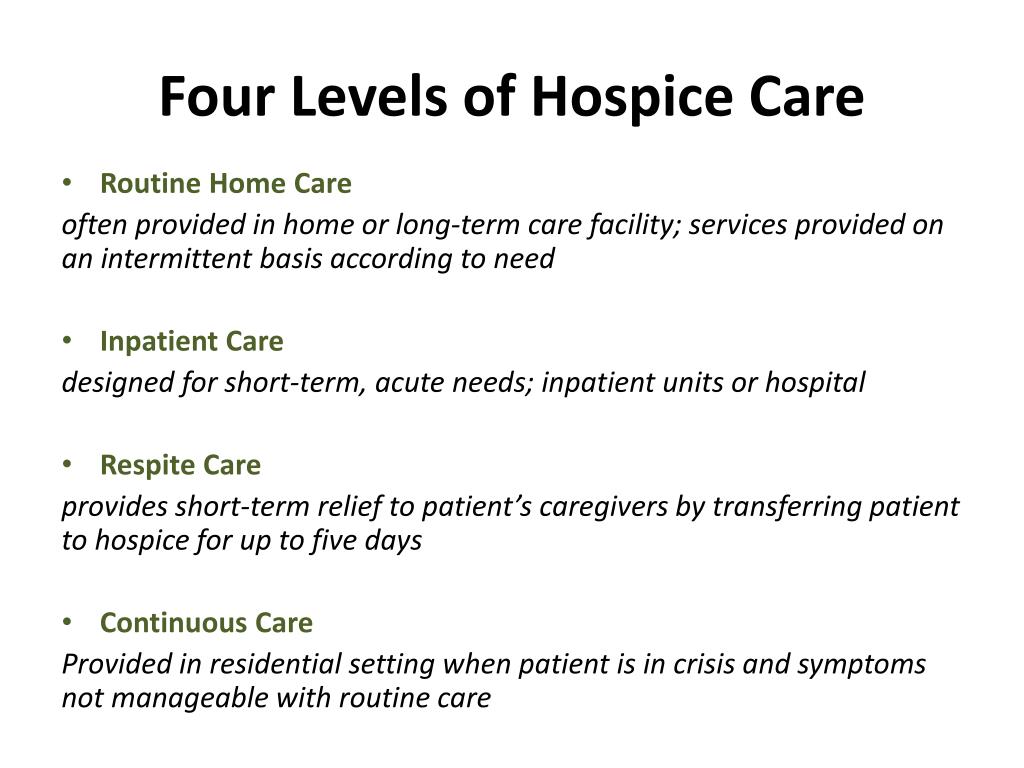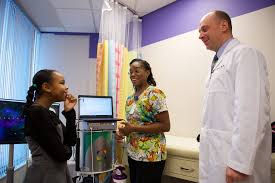
In home care is a childcare option that allows a parent leave their child at home with a caregiver. The caregiver provides regular care. The family pays these providers and they provide services like bathing and feeding. Some in-home providers have early childhood experience and are able to offer educational experiences throughout the day.
Disability child's home health aide
In-home medical care is a great option for children and adults with disabilities. It helps to prevent hospital readmissions and keeps families in their homes. It also reduces the cost of medical care and improves patient outcomes.
You should find a caregiver in your home who will work closely with you to ensure that your child receives the care they require. You need to find someone who will understand your family, and provide the care your child deserves.
The first step in finding an in-home health aide is to talk with advocacy groups and ask about caregivers and programs that are available in your area. You can get referrals by your local disability office or social services.

Once you have a list of possible caregivers, do a telephone interview and meet with them in person to learn more about their qualifications and experience. You should ask about the background checks, references and education of caregivers.
Home health aides for children with disabilities
Caregivers should be trained in the proper care of equipment used by children with complex disabilities and how to use them safely. This includes enteral feed tubes, tracheostomy care, respiratory treatments and supports (eg, nebulizers, ventilators), wound care, intravenous line care, and medication management.
Also, it is important to teach them how to resuscitate children in an emergency. These skills will become more important in the future when children are increasingly dependent on technology.
To ensure your child is healthy, a pulse oximeter must be available. The device measures oxygen levels in the blood of your child. It is worn on either a fingernail or toe. If oxygen levels drop, the device will alert the caregiver to provide more oxygen.
A resuscitation tube should also be available in every hospital. This allows you to give your child breaths by pressing a bag that is attached to the tracheostomy. It should be on hand for emergencies and as a backup in case the ventilator fails or the child requires suctioning.

The doctor of your child should tell you how to set the vent, and what type of bags are available. They should also teach you how to use these items and give your child's doctor a call in case of an emergency.
Once you are more comfortable using your child's medical equipment at home, you can better provide the care and attention they need. You will be better able to care for your children in their home if you understand how the machines work and how they can be troubleshooted.
FAQ
What is the difference in a doctor and a practitioner?
A doctor is someone who has completed their training and are licensed to practice medicine. A physician is a specialist in one type of medicine.
What are the different health care services?
The most important thing for patients to know is that they have access to quality healthcare at any time. Whether you need an urgent appointment or a routine check-up, we're here to help.
We offer many types of appointments including walk-in surgery, same-day operation, emergency department visits, outpatient procedures and so on. We offer home care visits to those who live far from our clinic. And if you don't feel comfortable coming into our office, we'll ensure you receive prompt treatment at your local hospital.
Our team includes pharmacists, dentists and other professionals committed to excellent patient service. Our goal is to make each visit as painless and convenient as possible.
What happens if Medicare is not available?
Uninsured Americans will increase. Employers may decide to drop employees from their plans. Many seniors will be responsible for higher out-of–pocket expenses for prescription drugs, and other medical services.
What is the role of the healthcare system?
Any country's economy depends on the health care system. It improves the quality of life and helps people live longer, more healthy lives. It also creates jobs for doctors, nurses, and other medical professionals.
Health care systems help ensure everyone has access to quality healthcare services, regardless of income level.
It is important to understand how healthcare systems work if you're interested in a career as a nurse or doctor.
What about the role played by the private sector?
The private sector has a vital role to play in delivering healthcare. For example, it provides some of the equipment used in hospitals.
It also covers some hospital staff. They should also be able to contribute to the running of the system.
But there are limits to what they can offer.
The government provides free services that private providers can't always match.
And they shouldn't try to run the whole system. This could mean that the system doesn't deliver good value for money.
What is an infectious disease?
A germ, virus, or parasite can cause an infectious disease. Infectious disease spreads quickly when people come in close proximity. You can get measles or mumps, rubella (German whooping cough), pertussis/whooping chives, rubella ("German measles"), measles), pertussis ("whooping cough"), rubella ("German measles"), chickenpox), strep thyme), hepatitis A/B, HIV/AIDS), herpes simplex viruses, syphilis, gonorrhea and chlamydia
What should you know about immunizations
Immunization is the process by which a vaccine stimulates an immune response. Immunization is the process by which the body makes antibodies (immunoglobulins), that protect against infection.
Statistics
- For the most part, that's true—over 80 percent of patients are over the age of 65. (rasmussen.edu)
- For instance, Chinese hospital charges tend toward 50% for drugs, another major percentage for equipment, and a small percentage for healthcare professional fees. (en.wikipedia.org)
- Consuming over 10 percent of [3] (en.wikipedia.org)
- The healthcare sector is one of the largest and most complex in the U.S. economy, accounting for 18% of gross domestic product (GDP) in 2020.1 (investopedia.com)
- Over the first twenty-five years of this transformation, government contributions to healthcare expenditures have dropped from 36% to 15%, with the burden of managing this decrease falling largely on patients. (en.wikipedia.org)
External Links
How To
What are the 4 Health Systems?
The healthcare system is complex and includes many organizations, such as hospitals, clinics. pharmaceutical companies. insurance providers. government agencies. public health officials.
This infographic was created to help people understand the US healthcare system.
Here are some key points:
-
Healthcare spending is $2 trillion annually, representing 17% of the GDP. That's more than twice the total defense budget!
-
Medical inflation reached 6.6% for 2015, more than any other category.
-
On average, Americans spend 9% of their income on health costs.
-
There were more than 300 million Americans without insurance as of 2014.
-
Although the Affordable Healthcare Act (ACA), was passed into law, implementation has not been completed. There are still gaps in coverage.
-
A majority believe that the ACA must be improved.
-
The US spends more money on healthcare than any other country in the world.
-
Affordable healthcare for all Americans would reduce the cost of healthcare by $2.8 trillion per year.
-
Medicare, Medicaid, private insurers and other insurance policies cover 56%.
-
These are the top three reasons people don’t get insured: Not being able afford it ($25B), not having enough spare time to find insurance ($16.4B), and not knowing anything ($14.7B).
-
There are two types of plans: HMO (health maintenance organization) and PPO (preferred provider organization).
-
Private insurance covers all services, including doctor, dentist, prescriptions, physical therapy, and many others.
-
Programs that are public include outpatient surgery, hospitalization, nursing homes, long-term and preventive care.
-
Medicare, a federal program, provides seniors with health insurance. It covers hospital stays, skilled nursing facilities stays, and home care visits.
-
Medicaid is a federal-state program that provides financial aid to low-income families and individuals who earn too little to be eligible for other benefits.